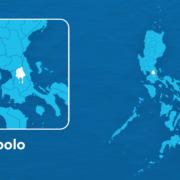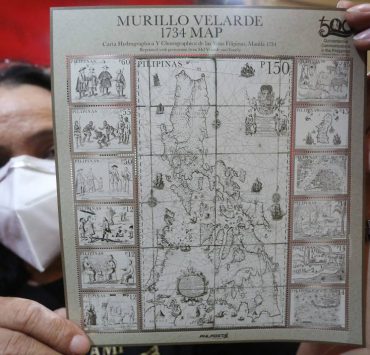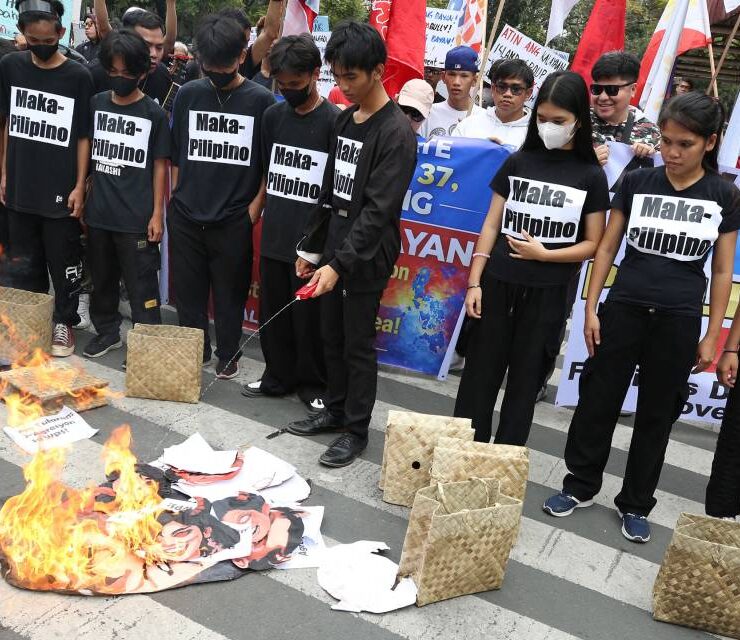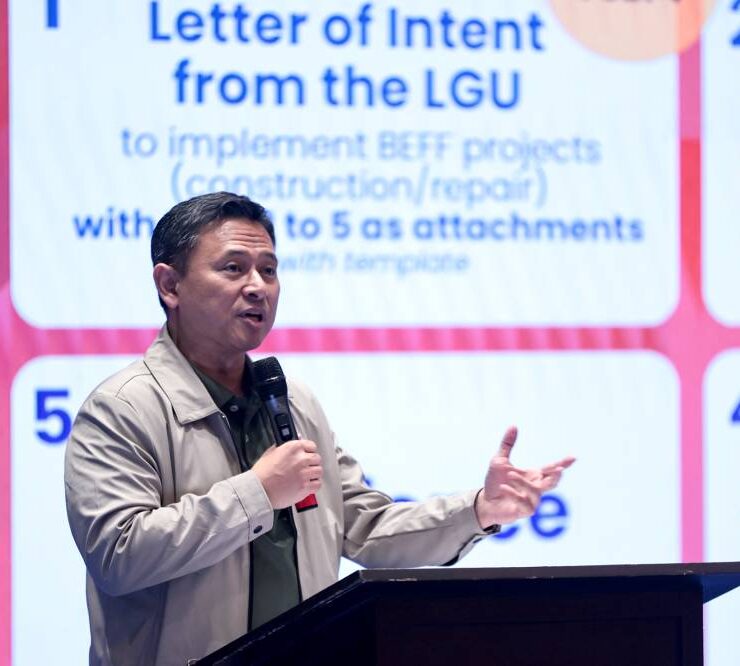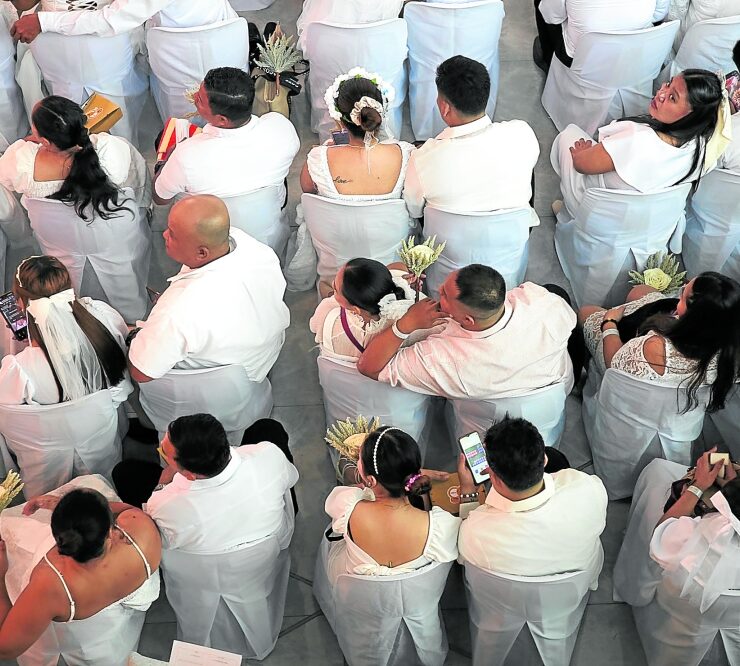VP’s net ratings drop to lowest since 2022
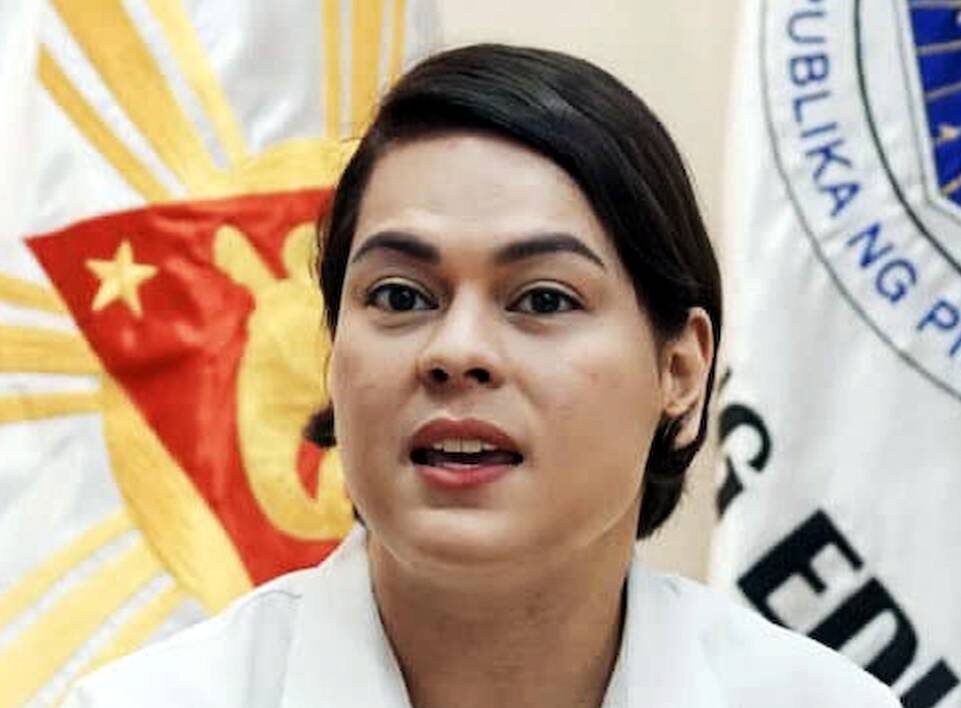
Two years after she won the most number of votes for any Filipino for any office in the country, Vice President Sara Duterte’s net satisfaction rating dropped to its lowest level, according to the latest survey of the Social Weather Stations (SWS).
SWS still classified the result as “good” since 65 percent of respondents said they were still satisfied with Duterte’s performance, while 21 percent were dissatisfied and 14 percent were undecided.
But the survey, conducted from June 23 to July 1, found that her net satisfaction rating of +44 (satisfied minus the dissatisfied) was her lowest since being elected in 2022.
Duterte garnered a net satisfaction rating of +73 in October 2022 and later soared to +77 in December 2022, but it settled at an average of +64.5 throughout 2023. Last March, her net satisfaction rating was at +64.
Compared with the March 2024 survey, Duterte’s gross satisfaction decreased by 10 percentage points from 75 percent, while her net satisfaction rating fell by 19 points from “very good” (+63) to “good.”
The survey also found that Duterte’s net satisfaction rating dropped among urban and rural areas, age groups, genders, graduates and nongraduates compared with the March 2024 survey.
Excellent in Mindanao
Duterte’s net satisfaction rating fell in Luzon outside of Metro Manila from +55 to +31 and Visayas from +69 to +47—both from “very good” to “good.” It also fell in Metro Manila from +49 to +32, both “good,” while it remained “excellent” in Mindanao from +80 to +73.
Among age groups, the Vice President’s net satisfaction rating also fell among those 25 to 34-year-olds from “excellent” +74 to “very good” +59; 55 years old and above from “very good” +57 to “moderate” +27; 18 to 24-year-olds from +65 to +37; and 45 to 54-year-olds from +61 to +42—both from “very good” to “good.”
It changed slightly from +62 to +59, both “very good,” among the 34 to 44-year-olds.
Still good to very good
Duterte’s net satisfaction also fell among college graduates from +62 to +40, junior high graduates from +64 to +43, and elementary graduates from +60 to +42—all from “very good” to “good.” While it fell among non-elementary graduates from +65 to +54, both at “very good” levels.
By locale, Duterte’s net satisfaction in both rural and urban areas was “good” at +46 and +42 respectively. It, however, fell by 22 points from “very good” +68 in rural areas and 16 points from “very good” +58 in urban areas.
Duterte received a “very good” net satisfaction rating from women at +50, and “good” among men at +37. Her net satisfaction fell by 17 points among women and 21 points from among men.
On June 19, before the survey period, Duterte resigned as secretary of the Department of Education (DepEd) and as vice chair of the National Task Force to End Local Communist Armed Conflict.
Beyond Duterte’s apparent falling out with members of the Marcos administration, she has been criticized for her alleged lack of expertise as an educator handling DepEd, as well as her silence on China’s maritime aggression in the West Philippine Sea.
The survey also included other top officials whose ratings improved compared to previous surveys.
The survey reported that 64 percent of adult Filipinos are satisfied with the performance of Senate President Francis Escudero with 17 percent dissatisfied and 17 percent undecided. This gives him a net satisfaction rating of +47, which is equivalent to “good.”
This is the first time Escudero was surveyed after taking oath as Senate President on May 20, replacing Sen. Juan Miguel Zubiri.
Speaker Martin Romualdez, on the other hand, received a rating of “moderate” +29 with 53 percent satisfied, 24 percent dissatisfied and 20 percent undecided. His net satisfaction rating was an improvement from the “moderate” +13 in March 2024.
Chief Justice Alexander Gesmundo, meanwhile, satisfied 51 percent of Filipinos, while 20 percent were unsatisfied and 23 percent undecided. He received a rating of “good” +32, also another improvement from the “moderate” +13 he received in March 2024. —INQUIRER RESEARCH INQ













